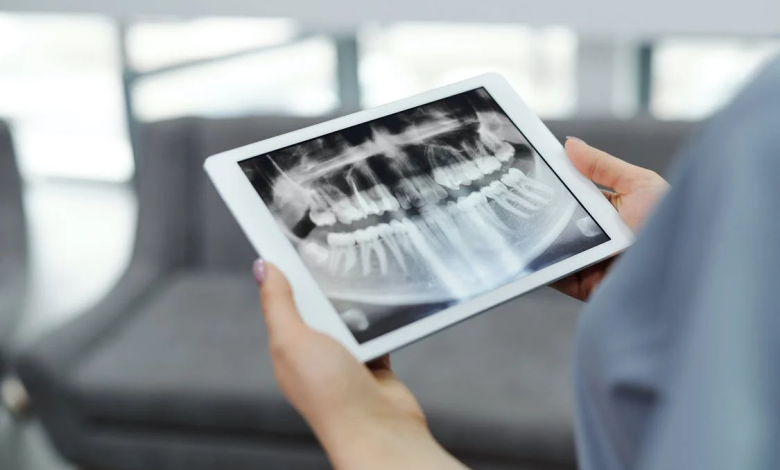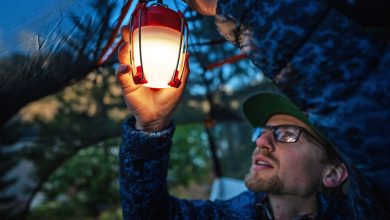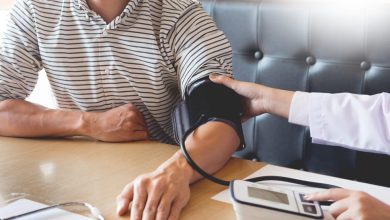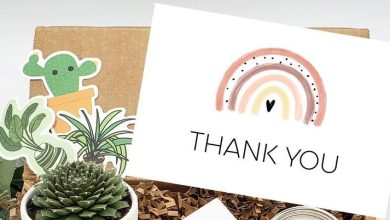6 Bruxism Myths Debunked

Are you worried that you might be grinding your teeth at night?
Do you sometimes feel pain in your jaw or experience headaches in the morning?
If so, it’s a good idea to learn the truth about Bruxism, which is the medical term for teeth grinding.
In this article, we’ll debunk six common myths about Bruxism and explain what you can do to find relief.
Myth #1: Only Stressed Out People Grind Their Teeth
While stress is often a trigger for teeth grinding, it’s not the only cause.
Bruxism can also be caused by misaligned teeth, sleep disorders, and certain medications.
To determine the cause of your Bruxism, your dentist will ask about your medical history and do a physical examination of your mouth. They may also recommend a sleep study to rule out sleep apnea or other sleep disorders.
Myth #2: Teeth Grinding Is Only Harmful to Your Teeth
While Bruxism can damage your teeth, it can also cause pain and stiffness in your jaw muscles. This can lead to headaches, earaches, and even TMJ disorders.
Bruxism can also cause damage to your gums, which can lead to gum disease.
If you grind your teeth at night, be sure to tell your dentist so they can check for these other problems.
Myth #3: You’ll Know If You Grind Your Teeth
Not everyone who grinds their teeth at night is aware of it.
If you’re not sure whether you have Bruxism, look for these signs and symptoms:
- Waking up with a headache or sore jaw
- Pain in your temples
- Earache
- Stiffness in your jaw
- Difficulty chewing or pain when you chew
- Damage to your teeth, such as chips, cracks, or wear
If you notice any of these signs, schedule an appointment with your dentist. They can diagnose Bruxism and develop a treatment plan to help you find relief.
Myth #4: Teeth Grinding Only Happens at Night
Teeth grinding often happens at night, but it can also occur during the day.
If you notice that you’re grinding your teeth during the day, it’s important to pay attention to your triggers. Common triggers include stress, caffeine, and alcohol consumption.
Signs of teeth grinding during the day include:
- Aching teeth
- Sensitive teeth
- Jaw pain
- Headaches
Myth #5: Teeth Grinding Is Harmless
While occasional teeth grinding may not cause any damage, chronic Bruxism can lead to tooth wear, gum recession, and jaw pain.
If you grind your teeth regularly, it’s important to talk to your dentist about ways to protect your teeth.
Your dentist may recommend wearing night guards or taking breaks during the day to relax your jaw.
Myth #6: Teeth Grinding Means You Have TMJ
Temporomandibular joint disorder (TMJ) is a condition that can cause pain and dysfunction in the jaw.
However, not all people who grind their teeth have TMJ. In fact, the two conditions often occur independently.
If you’re experiencing jaw pain, it’s important to talk to your dentist or doctor. They can help you determine whether your pain is due to TMJ or another condition.
How Custom-Fitted Night Guards Can Help
Grinding your teeth can be a small thing, but significant impact on the quality of your life.
If you find that you grind your teeth at night, your dentist may recommend wearing night guards to protect your teeth from the wear and tear of Bruxism.
You can also purchase a night guards without the dentist’s prescription. Smile Brilliant custom-fitted night guards can be ordered online for home delivery. Their affordable packages allow you to take dental impressions at home, send those to their lab and get your personalized night guard designed by experts.
Since custom-fitted night guards are made from impressions of your teeth, you can be sure of a comfortable, snug fit that won’t slip or irritate your gums. Night guards can also be custom-designed to accommodate any alignment issues you may have.





